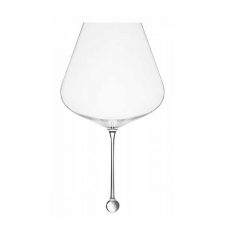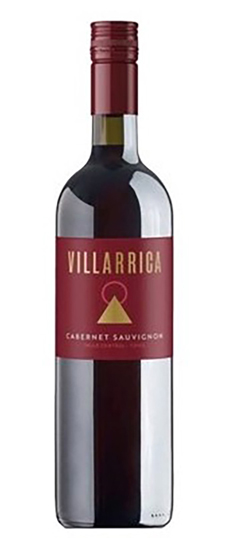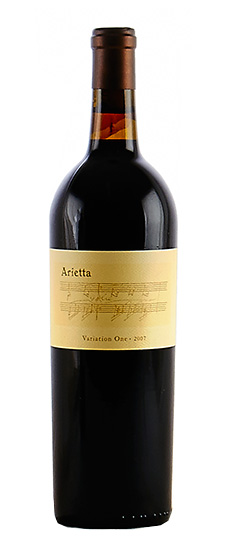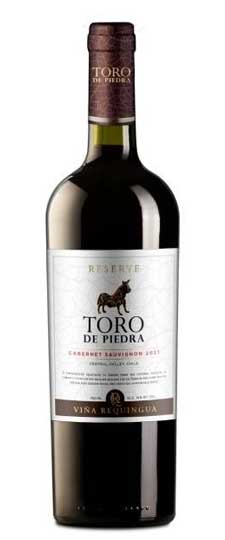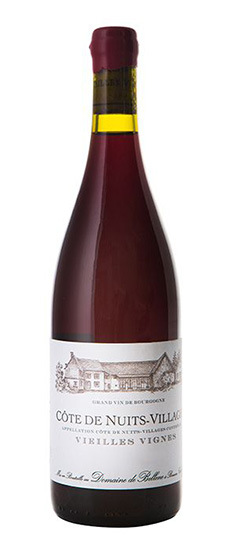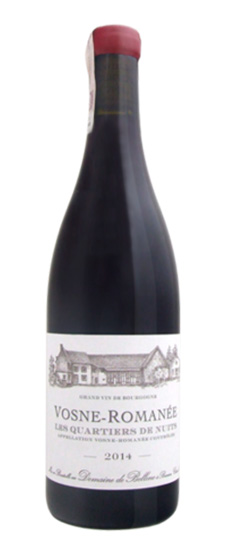Wine Score
Chúcaro Cabernet Sauvignon
Chúcaro represents wines with great intensity of colour and fresh fruit-filled youth, which leave Sweetness of, fresh memories on the palate. These are light, daringly soft wines, suitable for a wide range of occasions; enjoy them with food or during a conversation
Tasting Notes
Varietal Composition:
100% Cabernet Sauvignon
Geographic Area:
San Clemente, Maule Valley
Winemaking:
Grapes selected from vineyards and harvested carefully by hand. Alcoholic fermentation was carried out stainless tanks at 27º C with selected yeasts.
Winemaker’s Comments:
Ruby red color. Intense and delicate, with notes of plums and blackberries. On the palate, this wine is well structured, soft tannings and well balanced, notes of berries, cassis and tabacco. Soft and pleasent finish. Food pairing: Enjoy with grilled red meats, strews, cheese, spice pastes.
Food Pairings:
Enjoy with grilled red meats, cheese, spices pastes.
Cellaring Recommendations:
Two at three years.
Format Types
750 ml
Chilean wine
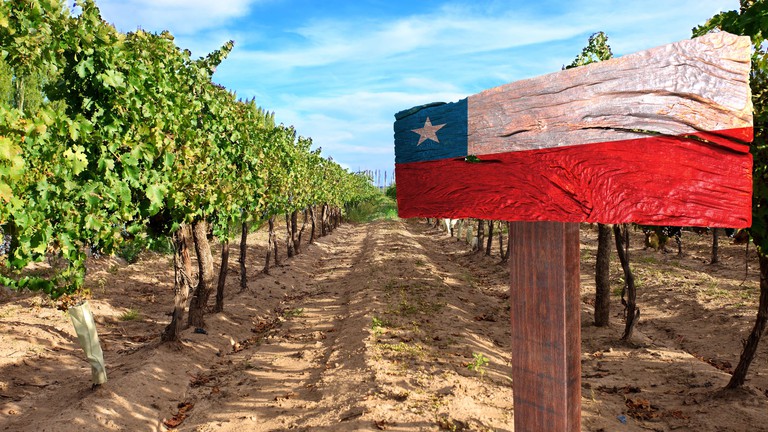
Chilean wine has a long history for a New World wine region, as it was the 16th century when the Spanish conquistadors brought Vitis vinifera vines with them as they colonized the region. In the mid-19th century, French wine varieties such as Cabernet Sauvignon, Merlot, Carmenère and Franc were introduced. In the early 1980s, a renaissance began with the introduction of stainless steel fermentation tanks and the use of oak barrels for aging. Wine exports grew very quickly as quality wine production increased. The number of wineries has grown from 12 in 1995 to over 70 in 2005
A large number of French people immigrated to Chile during the late 20th century, bringing more vinicultural knowledge to the country. Chile is now the fifth largest exporter of wines in the world, and the seventh largest producer. The climate has been described as midway between that of California and France. The most common grapes are Cabernet Sauvignon, Merlot and Carmenère. So far Chile has remained free of the phylloxera louse, which means that the country’s grapevines do not need to be grafted with phylloxera-resistant rootstocks

